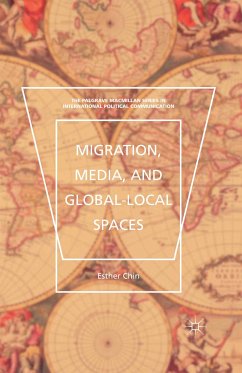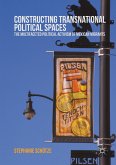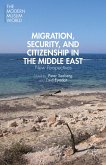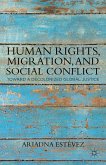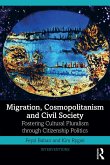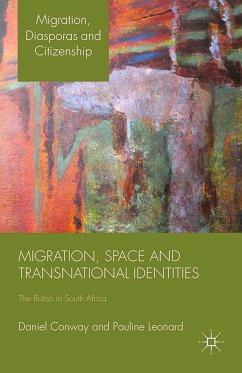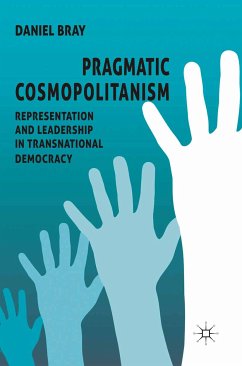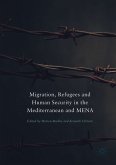This book explores how we define our social spaces in a world of globalization, cultural diversity, and media convergence. It invites us to consider how each of us relates to multiple people and places worldwide through migration and media. Critiquing our focus on nation, state, and particular countries of origin and settlement, this book offers a new conceptual approach to study contemporary migration and media. Drawing on in-depth interviews with Singaporean university students in Melbourne, Australia, this book details how we organize our social relations into diverse configurations of global and local spaces. This book aims to help university students, researchers, and members of the public to think more critically about how we develop our mental maps of the world, experience the migration of others and ourselves, and shape our media environments.
Dieser Download kann aus rechtlichen Gründen nur mit Rechnungsadresse in A, B, BG, CY, CZ, D, DK, EW, E, FIN, F, GR, HR, H, IRL, I, LT, L, LR, M, NL, PL, P, R, S, SLO, SK ausgeliefert werden.

